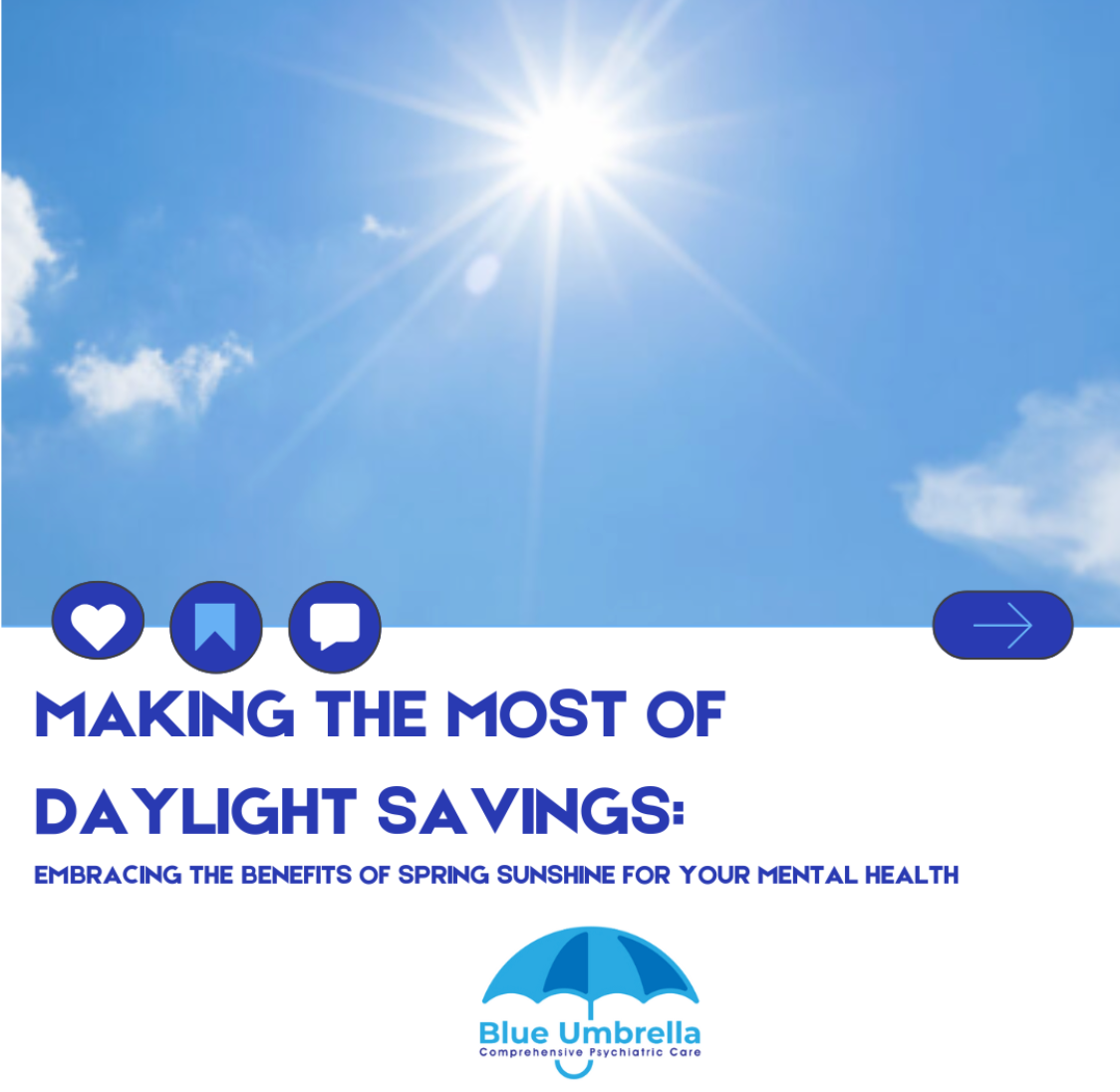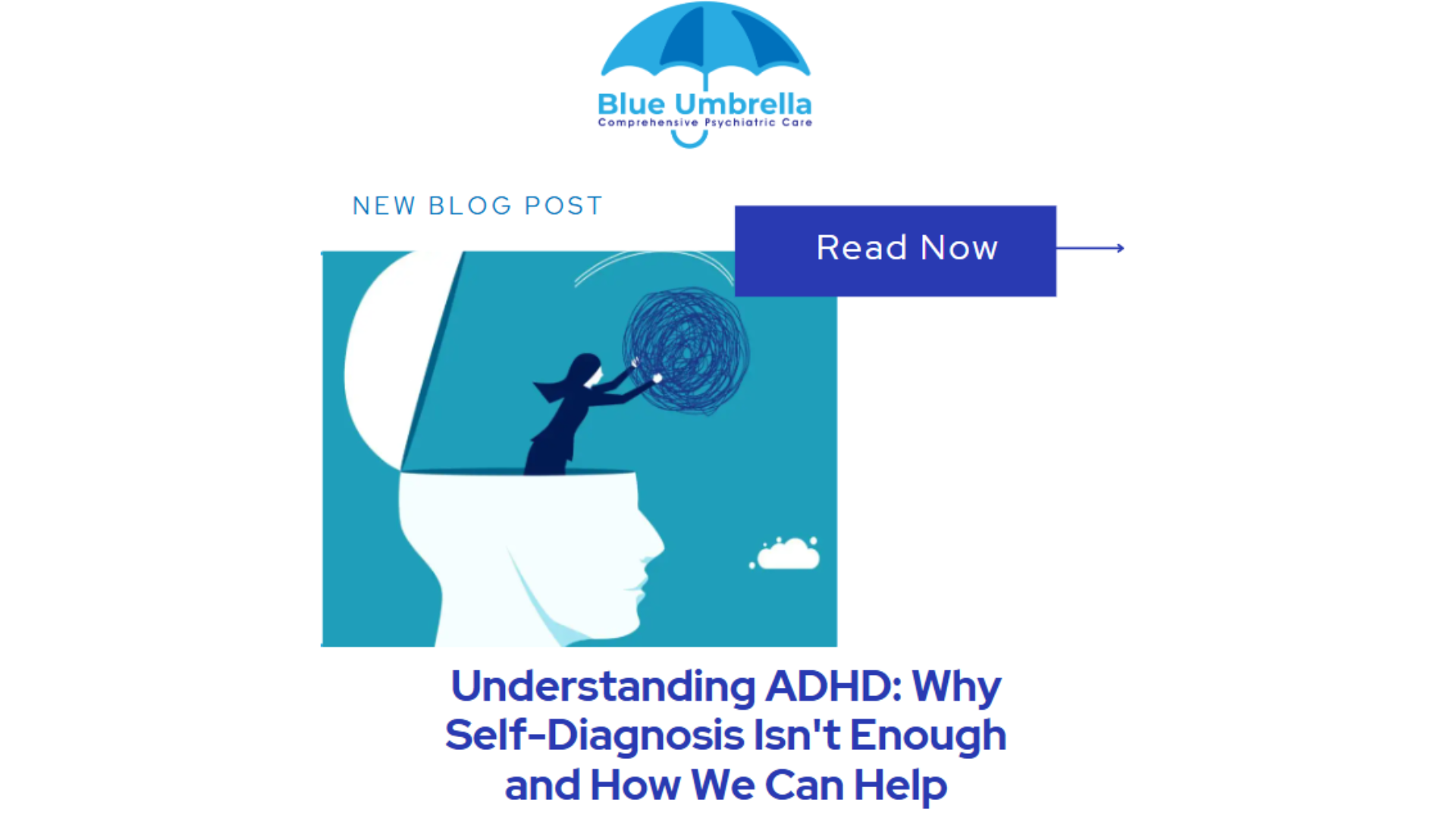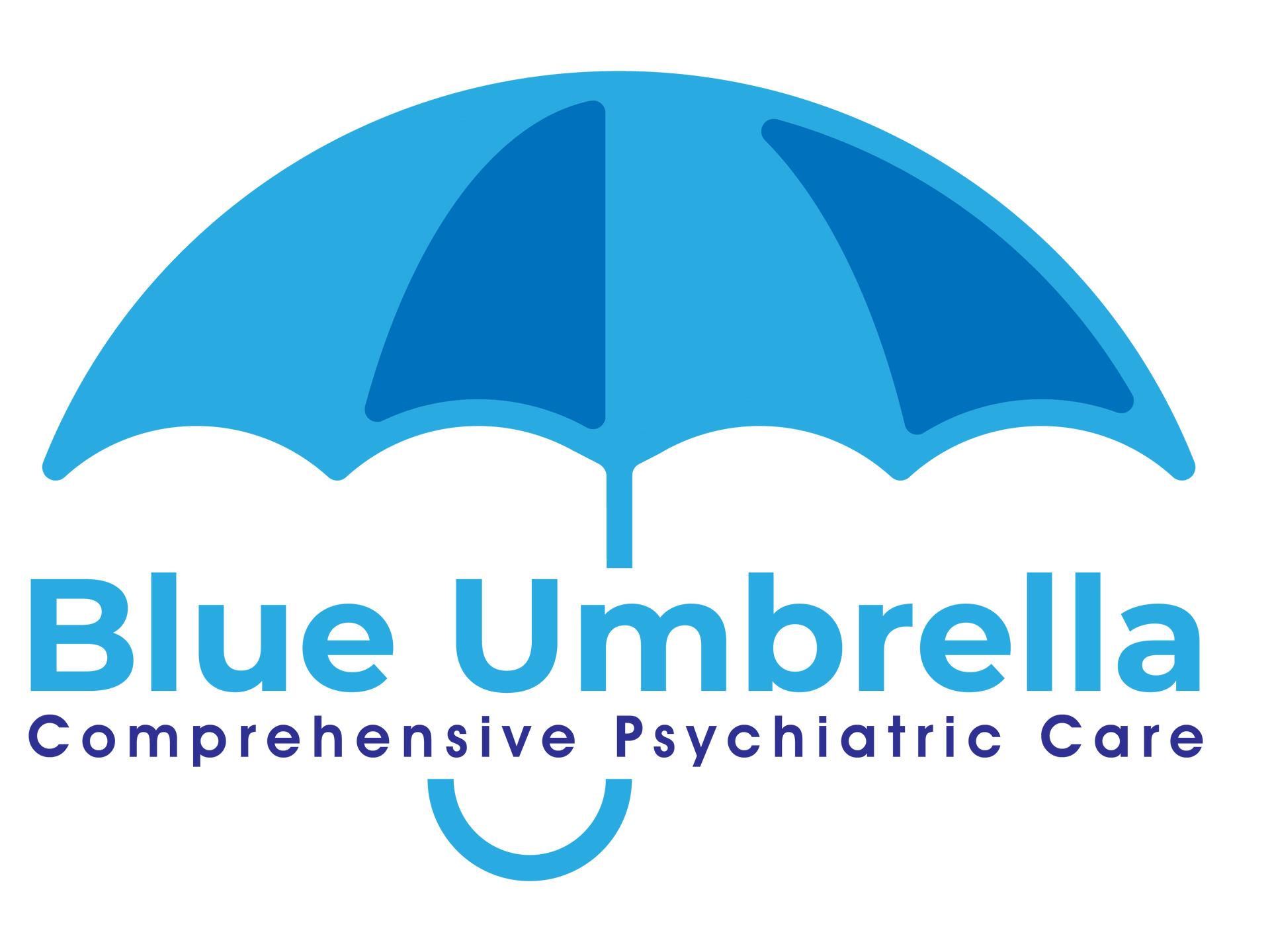
As we transition into March and the start of Daylight Savings Time, many of us are adjusting our clocks and routines to accommodate the extra hour of daylight. While the shift can sometimes leave us feeling a bit out of sync, it’s also a fantastic opportunity to harness the mental health benefits that come with more sunlight. At Blue Umbrella Psychiatry, we encourage you to make the most of this seasonal change and embrace the positive effects that sunlight can have on your mood, energy levels, and overall mental well-being.
Here are a few ways to leverage the longer daylight hours to enhance your mental health this spring:
1. Boost Your Mood with Sunlight Exposure
Sunlight plays a crucial role in regulating our mood and energy levels. Exposure to natural light triggers the production of serotonin, a neurotransmitter that boosts feelings of happiness and well-being. After the darker winter months, the longer days of spring can help lift feelings of sadness or seasonal depression, a condition commonly referred to as Seasonal Affective Disorder (SAD).
To make the most of this, try to spend time outdoors during the daylight hours. Even just a short walk in the sunshine can help improve your mood and give you a natural boost of energy. For children, encourage outdoor play after school or sports activities to help them benefit from the sunlight while burning off some of their energy.
2. Set a Consistent Sleep Schedule
While the shift to Daylight Savings Time means one less hour of sleep, it’s essential to adjust your sleep schedule gradually and consistently. Exposure to natural light helps regulate our internal body clock, known as the circadian rhythm, making it easier to fall asleep and wake up at the right times.
With the extended daylight in the evenings, try to incorporate more sunlight into your morning routine. As the sun rises earlier, opening the curtains or going for a morning walk can help reset your body’s internal clock and promote better sleep at night. This can be particularly beneficial for children and teens who may be adjusting to school routines.
3. Practice Mindfulness Outdoors
Spending time in nature has been shown to reduce stress, anxiety, and symptoms of depression. The natural world offers a sense of calm and grounding, allowing individuals to feel more centered and connected. Now that spring has arrived, consider practicing mindfulness outside. Take a few moments to sit in the park, listen to the birds, or simply focus on the beauty of your surroundings. Breathing exercises and mindfulness practices in natural light can enhance emotional resilience and mental clarity.
For families, this can be a great way to bond and relax together. Encourage your kids to practice mindfulness while outdoors—whether that’s through nature walks or simply spending time in the yard. It’s a simple but powerful way to foster mental well-being.
4. Increase Physical Activity
With longer daylight hours, now is the perfect time to get active outdoors. Physical activity is a key component of mental health, as it helps release endorphins—the brain’s natural mood lifters. Activities like walking, biking, hiking, or playing sports can help reduce feelings of anxiety and stress while boosting self-esteem.
For children, spring’s increased daylight can mean more opportunities for outdoor play. Whether it’s a game of catch, riding bikes around the neighborhood, or taking a family walk, outdoor exercise is a fun and healthy way to enhance everyone’s mental health.
5. Create Healthy Routines for the Family
Daylight Savings Time offers a great opportunity to reset your family’s routines. With longer days, you can set aside time each evening to engage in family activities that encourage bonding and relaxation. Consider dinner time outdoors, evening walks, or games that promote interaction and togetherness. These shared moments can strengthen relationships and contribute to a healthier family dynamic.
Also, this time of year is perfect for introducing or reintroducing healthy habits. You could set a goal as a family to spend at least 30 minutes outdoors each day, whether that’s gardening, playing, or just soaking in the fresh air.
6. Combat Springtime Stress with Outdoor Breaks
As we adjust to the new season, it’s normal to feel stressed due to changes in our routines. However, the extra daylight can be a powerful tool in reducing that stress. Taking short breaks throughout the day to step outside, even for a few minutes, can have a calming effect.
Encourage your child or teen to take breaks from homework or screen time to get fresh air. Not only will this provide mental clarity, but it will also help prevent burnout and anxiety from overworking. For parents, stepping outside for a quick walk or breathing exercise after work can help you decompress and refresh before returning to your evening routine.
7. Embrace a Positive Mindset with the New Season
Spring symbolizes renewal, and with the arrival of longer days, it's a perfect time to reset your mindset. Encourage positive thinking, set new goals, and reflect on the things you want to achieve during the warmer months. Creating new intentions for your mental well-being—such as practicing gratitude, journaling, or setting personal mental health goals—can help improve your outlook and foster resilience.
For families, this season is an excellent time to set collective goals. Whether it’s engaging in more outdoor activities, committing to better sleep habits, or focusing on mental health practices, having shared objectives can bring the family closer together and provide motivation.
Conclusion: Embrace the Sunshine for Mental Well-Being
Daylight Savings Time brings longer, brighter days, offering more opportunities to connect with nature, improve physical activity, and boost mental health. As you make the most of the sunlight, remember that taking small, intentional steps to integrate healthy habits into your routine can have a lasting impact on your emotional and physical well-being.
At Blue Umbrella Psychiatry, we are here to help guide you and your family through the challenges of maintaining mental health. Whether you're looking for strategies to cope with stress, support for a mental health condition, or simply guidance on how to nurture emotional well-being, we’re here for you.
For more information or to schedule an appointment, please contact Blue Umbrella Psychiatry at 954-341-5215.













